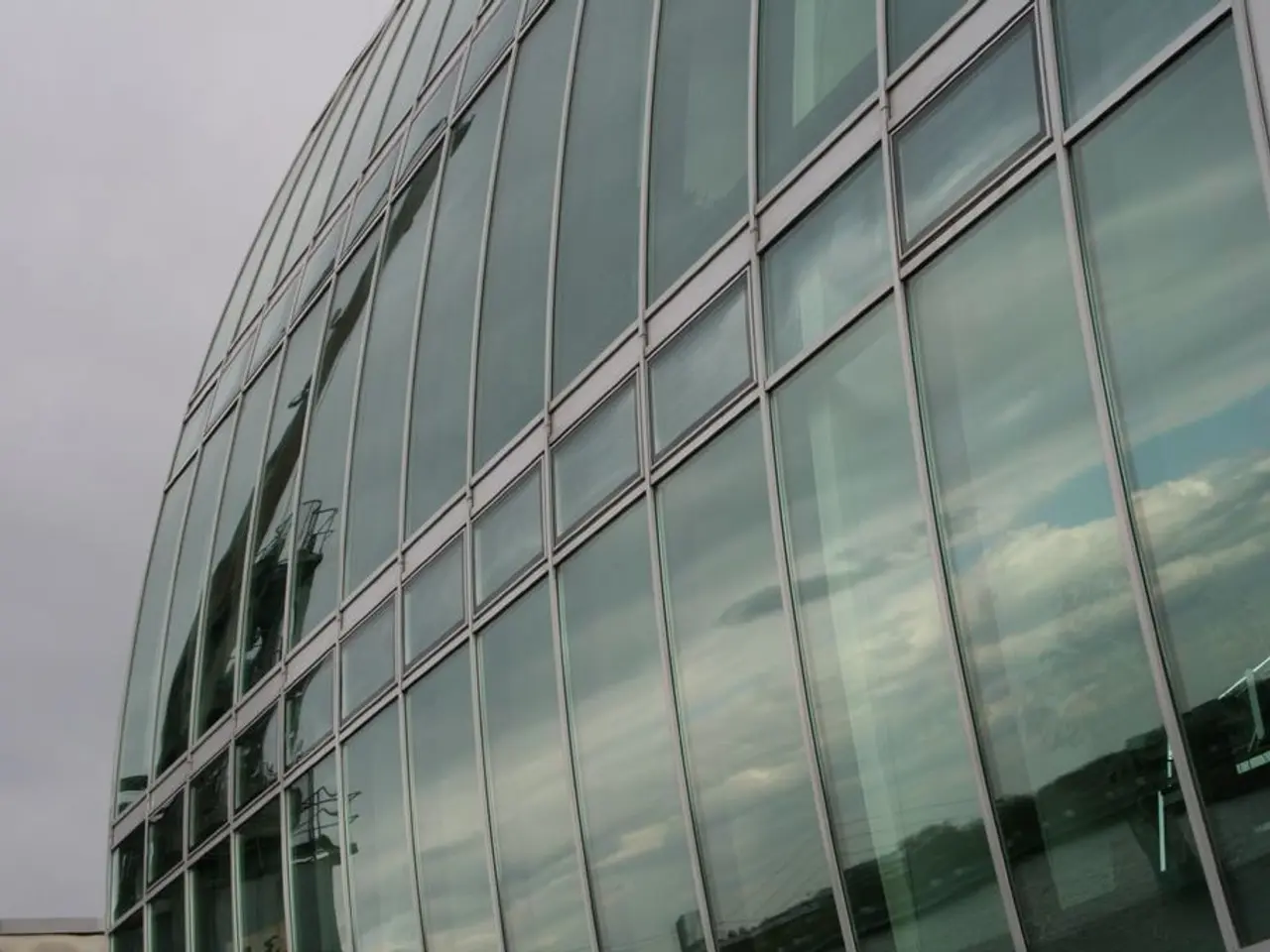EU Relaxes Financial Support for Member Countries in their Investments towards Clean Technology and Decarbonization Industries
The European Commission has announced the adoption of the new Clean Industrial State Aid Framework (CISAF), effective from June 25, 2025, to December 31, 2030. This ambitious framework aims to drive investments in renewable energy, industrial decarbonization, clean technology manufacturing, energy infrastructure, and projects supporting the circular economy.
Teresa Ribera, Executive Vice-President for Clean, Just and Competitive Transition, emphasized that the framework's objectives are to drive climate ambition, strengthen Europe's resilience, and ensure industry competitiveness. The CISAF is designed to accelerate the transition to a clean industrial economy by supporting investments in clean energy, decarbonization technologies, and clean tech manufacturing.
The CISAF provides a legal basis for certain State aid measures to be compatible with EU rules. It offers support in various forms, including direct grants, tax advantages such as tax credits and accelerated depreciation, and conditions for accelerated depreciation schemes to encourage the acquisition or leasing of clean technology equipment.
One of the key aspects of the framework is the introduction of temporary price relief for energy-intensive users, aimed at addressing high costs facing EU companies compared to competitors in places with less ambitious climate policies. The framework also facilitates de-risking of private investments in clean energy, decarbonization, clean tech, energy infrastructure, and circular economy projects by providing legal certainty around State aid.
The CISAF replaces the Temporary Crisis and Transition Framework (TCTF) introduced in March 2023, providing long-term predictability to Member States and businesses until the end of 2030, strengthening investment confidence in the clean industrial transition.
The new CISAF simplifies state aid rules for five key target areas, including the roll-out of renewable energy, decarbonization of existing facilities, clean tech manufacturing capacity development, de-risking support for private investment, and projects supporting the circular economy. The framework supports "key enabling industries" covering all technologies under the Net Zero Industry Act.
The CISAF follows the launch of the Commission's Clean Industrial Deal, which aims to accelerate decarbonization, support manufacturing in Europe, and address challenges like climate change and industrial competitiveness. The framework is designed to avoid distortions in the EU's Single Market and make energy systems more stable, affordable, and fair.
The CISAF marks a significant step in enabling the clean transition in EU industries by providing clear and flexible State aid conditions supporting innovation and scaling of clean technologies while ensuring compliance with EU competition rules. The framework allows member states to license technology under its provisions and includes funding to support the buildout of cleantech sectors.
Notably, the new CISAF framework will provide significant electricity price support for companies in energy-intensive sectors, a crucial move to address the cost disparities faced by EU industries compared to their counterparts in regions with less ambitious climate policies.
In conclusion, the adoption of the Clean Industrial State Aid Framework (CISAF) by the European Commission is a significant stride towards a cleaner, more competitive, and resilient industrial sector in Europe. The framework's goals align with the EU's commitment to lead in clean tech, acting with courage and clarity in the face of global climate challenges.
- The Clean Industrial State Aid Framework (CISAF) is designed to drive investments in renewable energy, a critical component of the European Union's industrial decarbonization efforts.
- In line with its objectives, the CISAF supports the scaling of clean technologies through flexible State aid conditions, specifically in environmental science and the manufacturing of clean technology.
- The CISAF facilitates the de-risking of private investments in clean energy, decarbonization, and circular economy projects, thereby fostering growth in the renewable-energy sector and the industry as a whole.
- By providing electricity price support for energy-intensive industries, the CISAF aims to address the cost disparities that have hampered the competitiveness of EU industries, ultimately contributing to the finance and sustainability of business operations.




